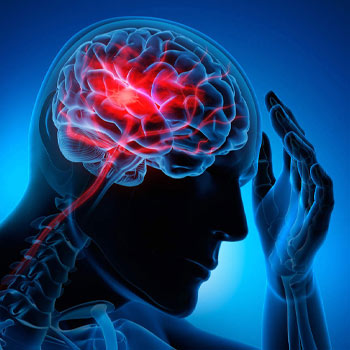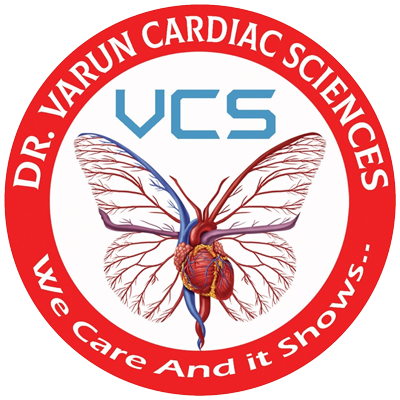Neuro, short for neuroscience, is a multidisciplinary science that studies the nervous system's structure, function, development, genetics, biochemistry, physiology, pharmacology, and pathology. Neuroscience encompasses various branches such as neuroanatomy, neurophysiology, neuropharmacology, neuroimmunology, and neuropsychology. This field is crucial for understanding how the brain and nervous system influence behavior and cognitive functions. In the realm of trauma care, neuro is especially important when addressing neurotrauma, which involves injuries to the brain, spinal cord, and nerves.
The Nervous System: An Overview
The nervous system is divided into two main parts: the central nervous system (CNS) and the peripheral nervous system (PNS). The CNS includes the brain and spinal cord, which serve as the control center for the body. The PNS comprises all the nerves that branch out from the CNS and connect it to other parts of the body. These nerves carry signals to and from the CNS, facilitating communication between the brain and the body.
Neuroscience: Key Concepts
Neurons and Synapses
Neurons are the basic building blocks of the nervous system. They transmit information through electrical and chemical signals. Synapses are the junctions where neurons communicate with each other or with other types of cells.
Neurotransmitters
These are chemicals that transmit signals across synapses from one neuron to another. Common neurotransmitters include dopamine, serotonin, and glutamate, each playing a specific role in regulating mood, behavior, and cognitive functions
Neuroplasticity
This refers to the brain's ability to reorganize itself by forming new neural connections. Neuroplasticity is crucial for learning, memory, and recovery from brain injuries
Neurogenesis
The process by which new neurons are formed in the brain. Neurogenesis is particularly significant in the hippocampus, an area associated with memory and learning
Neurotrauma: An Introduction
Neurotrauma refers to any injury to the nervous system, particularly the brain and spinal cord. These injuries can result from various causes such as accidents, falls, sports injuries, or violence. Neurotrauma can lead to a range of outcomes from mild concussions to severe brain damage and paralysis
Types of Neurotrauma
Traumatic Brain Injury (TBI)
TBI occurs when an external force causes brain dysfunction. It can be classified as mild, moderate, or severe based on the injury's impact on brain function. Symptoms of TBI can include headaches, confusion, dizziness, memory problems, and behavioral changes.
Spinal Cord Injury (SCI)
SCI involves damage to the spinal cord that can result in partial or complete loss of motor control and sensation below the injury site. The severity of SCI depends on the location and extent of the damage.
Peripheral Nerve Injuries
These injuries affect the nerves outside the brain and spinal cord. They can cause pain, weakness, and numbness in the affected areas.
Neurotrauma Care and Treatment
Neurotrauma care involves a multidisciplinary approach to manage and treat injuries to the nervous system. Key aspects of neurotrauma care include
Immediate Response
Quick and appropriate response at the injury scene can significantly affect outcomes. This includes stabilizing the patient, ensuring proper breathing and circulation, and minimizing further injury.
Diagnosis
Accurate diagnosis is essential for effective treatment. Diagnostic tools such as CT scans, MRIs, and neurological assessments help determine the extent and nature of the injury
Surgical Intervention
In cases of severe neurotrauma, surgery may be necessary to relieve pressure on the brain or spinal cord, remove damaged tissue, or repair fractures.
Rehabilitation
Rehabilitation is a critical component of neurotrauma care. It involves physical therapy, occupational therapy, speech therapy, and psychological support to help patients recover and regain as much function as possible
Long-term Care
Neurotrauma often requires long-term care and management. This includes regular follow-ups, medication management, and support for chronic conditions resulting from the injury.
Neuroscience and neurotrauma care are vital fields that help us understand and address injuries to the nervous system. By comprehensively studying how the nervous system works and how it can be affected by trauma, healthcare professionals can develop effective treatment strategies to improve patient outcomes. Advances in neuroscience continue to enhance our ability to diagnose, treat, and rehabilitate individuals with neurotrauma, offering hope for better recovery and quality of life.

